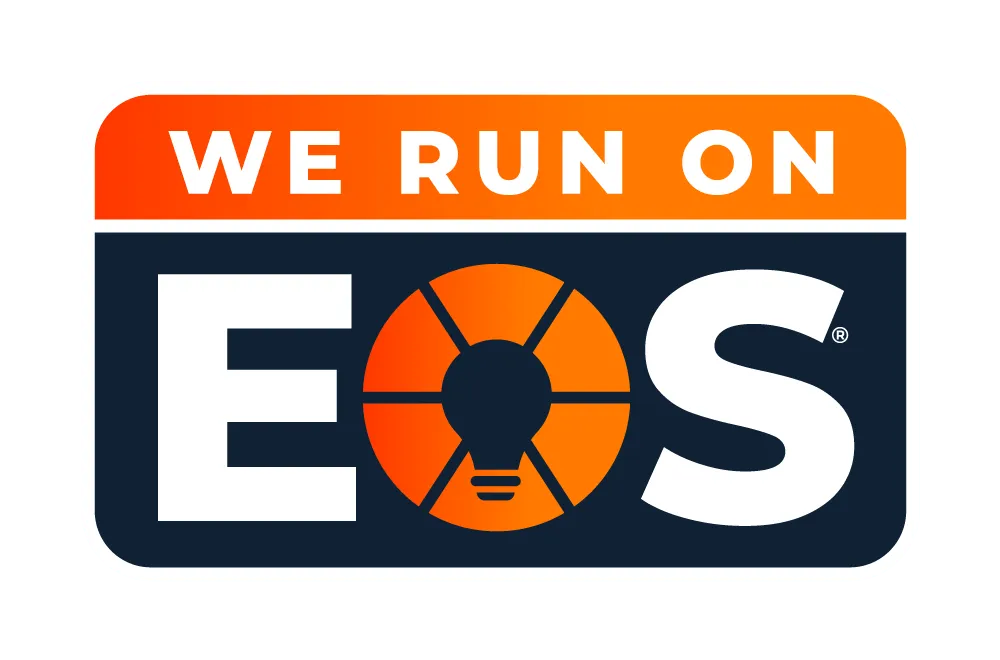The Selling From the Heart Blog

Want a More Coachable Sales Team? Start with Trust.
Coaching doesn’t work without buy-in. And buy-in starts with the relationship.
If you’re leading a revenue organization, you’ve probably asked:
“Why aren’t our reps responding to coaching?”
“Why aren’t we seeing more progress from our enablement efforts?”
At SalesIndex, we’ve seen the same pattern across midmarket and enterprise sales orgs:
Salespeople don’t change unless they trust the person asking them to change.
That means improving coachability isn’t just about methodology—it’s about management.
And it starts with the single most overlooked performance driver in sales: the strength of the rep-manager relationship.
What Is Coachability—and Why Should You Care?
Coachability measures how open a salesperson is to feedback, development, and behavioral change.
It’s not a soft skill—it’s a leading indicator of sales performance. In fact, data from over 11,000 sales evaluations shows that highly coachable reps outperform their peers by 13% in Sales Percentile. That’s the difference between a rep missing quota and a rep hitting stretch goals.
Coachability is the multiplier for your enablement efforts, your tech stack, and your manager's time. Without it, you’re pushing change uphill.
What Makes Salespeople Coachable?
Our analysis found that three key factors drive coachability—and all of them are relational:
Trust: Reps who believe their manager has their best interests in mind are far more open to feedback. Trust alone increases Coachability by 26%.
Respect: When reps respect their manager’s judgment and skill, Coachability rises another 20%.
Relationship Strength: When the rep-manager relationship is strong enough to handle constructive criticism, Coachability increases by an additional 20%.
When all three are present, Coachability improves by 33%. That’s a dramatic shift in how responsive and engaged a rep becomes—and it can’t be faked or forced. It must be built.
Trust Transforms More Than Coachability
Here’s where things get even more interesting. A strong manager-rep relationship doesn’t just make reps easier to coach—it improves two of the most critical sales traits: Responsibility and Outlook.
Reps with strong relationships score 19% higher in Responsibility (they own their outcomes).
Reps who respect their manager score 13% higher in Outlook (they’re optimistic and invested).
That means better performance and better retention. Reps who feel supported, challenged, and heard are far more likely to stay—and grow.
Do Your Managers Have Their Team’s Trust?
Most sales leaders assume their managers have good relationships with their teams. But assumptions aren’t strategy. Trust and respect don’t show up on dashboards—and reps rarely volunteer honest feedback in skip-level meetings.
That’s why SalesIndex helps organizations measure what matters.
Our platform reveals:
Which reps are actually coachable—and which aren’t
Which managers build trust, and where it’s breaking down
Where belief gaps are blocking performance improvement
This clarity helps leaders Activate Coaching—the second stage of our Revenue Performance Framework™—with insight, not guesswork.
Build a Coachable, High-Ownership Sales Culture
The fastest way to improve coaching outcomes isn’t a new model. It’s a new mindset:
Performance starts with trust. Progress starts with clarity.
Let SalesIndex help you see where trust is thriving—and where it needs attention—so your coaching strategy actually lands.
Index Your Sales Team
Measure coachability, trust dynamics, and belief blockers in your team—so you can lead change that actually sticks.



